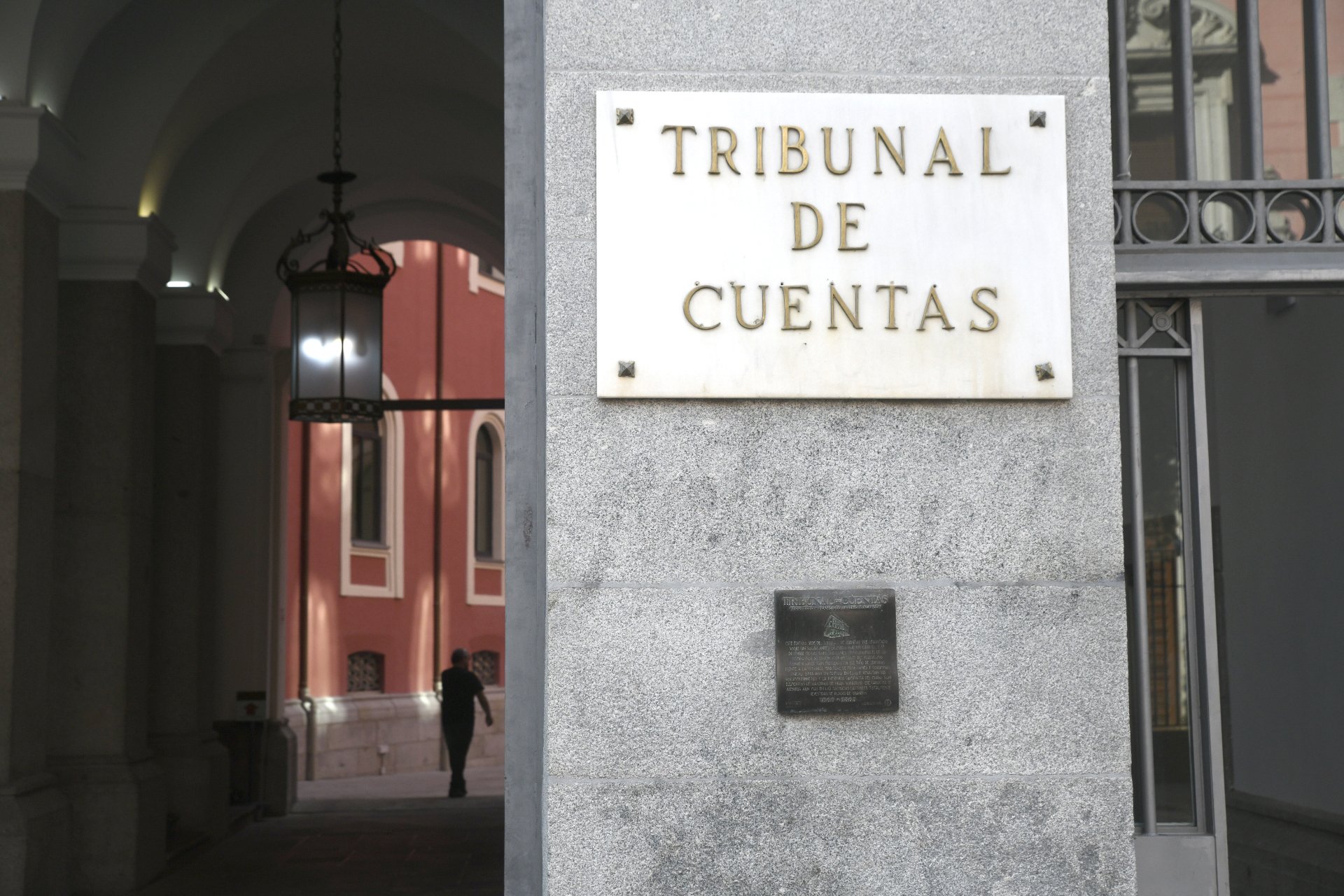The barrage of appeals that have landed on Spain's Court of Accounts following its decision rejecting the bail guarantees from the Catalan Institute of Finance (ICF) has been capped in the last few hours by an appeal from eleven of the former Catalan government officials who are defendants in the case, including ex-minister Francesc Homs and the former secretary general of Catalonia's Diplocat offices abroad, Albert Royo. It is an appeal which is not short of criticism - as well as irony - in the face of the arguments put forward by the auditing tribunal's investigating delegate in the case, Esperanza García.
The investigator last week rejected the guarantees provided by public financing body the ICF to cover the million-dollar bail the Court has claimed from 29 of the 34 people indicted for Catalan government foreign policy spending between 2011 and 2017.
"The investigating delegate's legal argument for rejecting the guarantees is, in our opinion, very weak, and are a good reflection of the idea that 'anything is possible on paper'", asserts the appeal, denouncing that the delegate "forgets" that her function is to refer to the defendants as "allegedly" responsible and that these are, still today, only allegedly responsible, and will continue to be so until there is a final sentence”. "Obviously, the presumption of innocence has been reinterpreted," it says.
The text states ironically that the investigator rejects the guarantees "with two arguments that are passed over quickly, as if the question was something very simple". Firstly, the investigator argues that the Catalan government decree creating the Complementary Risk Fund does not cover liability in case of malicious intent or clear wrongful behaviour - because it does not explicitly mention these things. "To respond to this well-worked argument, it is sufficient to point out that the Investigating Delegate has omitted to say that the decree mentions the accounting responsibility on two occasions", it explains, recalling, as the rest of the appeals have also done, that the accounting responsibility does indeed include malicious intent and fault. Secondly, it attributes to a "partial" reading of the decree the fact that the resolution omits the defendants' obligation to return the funds in the event that they are convicted, which is also explicitly stated in the decree.
Right to a defence
The appeal text, which warns that the investigator has not correctly interpreted the decision of the Spanish state solicitors on the issue, also criticizes that the defendants' right to a defence has been violated, because they have not had access to a second instance, "immediate and effective," in order to examine the substantive merits of the resolution that rejects the guarantees.
"We have been denied a review of a decision that is contrary to the law and affects the financial capacity of the appellants and involves, in many cases, the preventive seizure of their habitual family residence," it asserts, adding that it is this lack of a second judicial instance that makes it easier for the investigator to reject the guarantees with arguments that "lack legal rigour".
However, it emphasizes that what this appeal really claims is not so much a second instance as a hearing of evidence before the guarantees are rejected, and that fact that the rejection has indeed happened in these circumstances, creates a situation of defencelessness.
In the main image, the façade of the Court of Accounts / Europa Press

